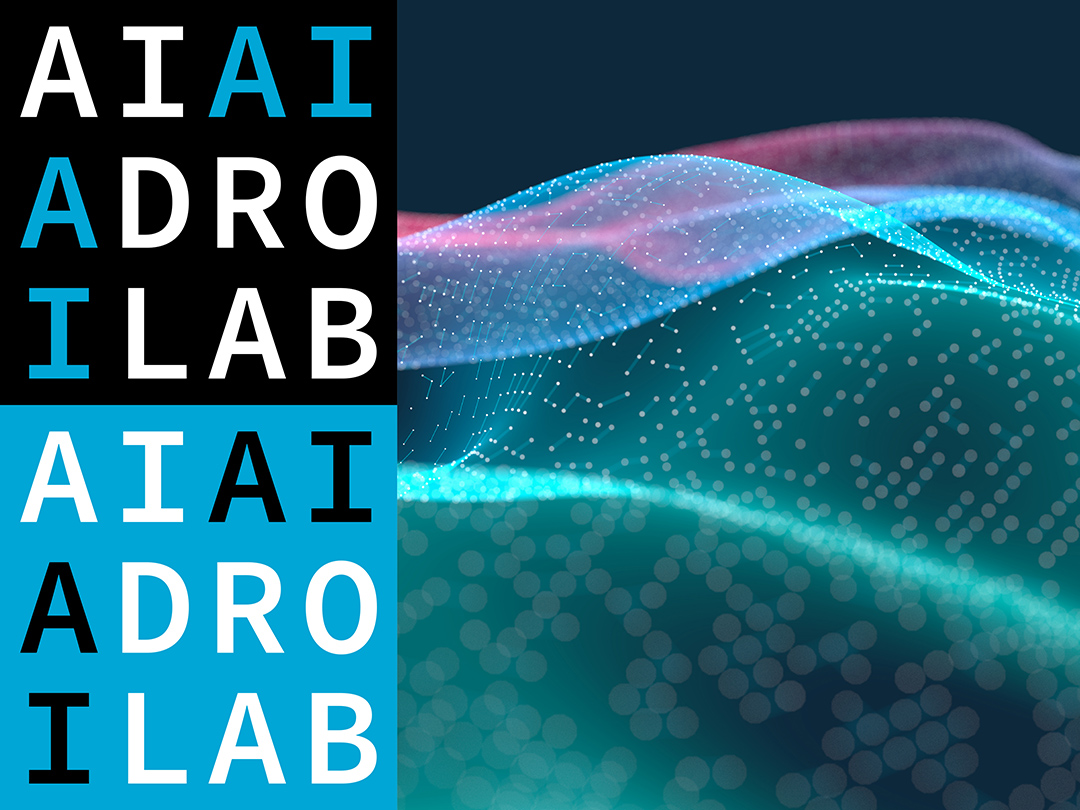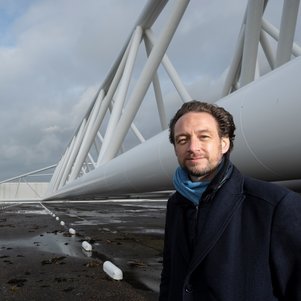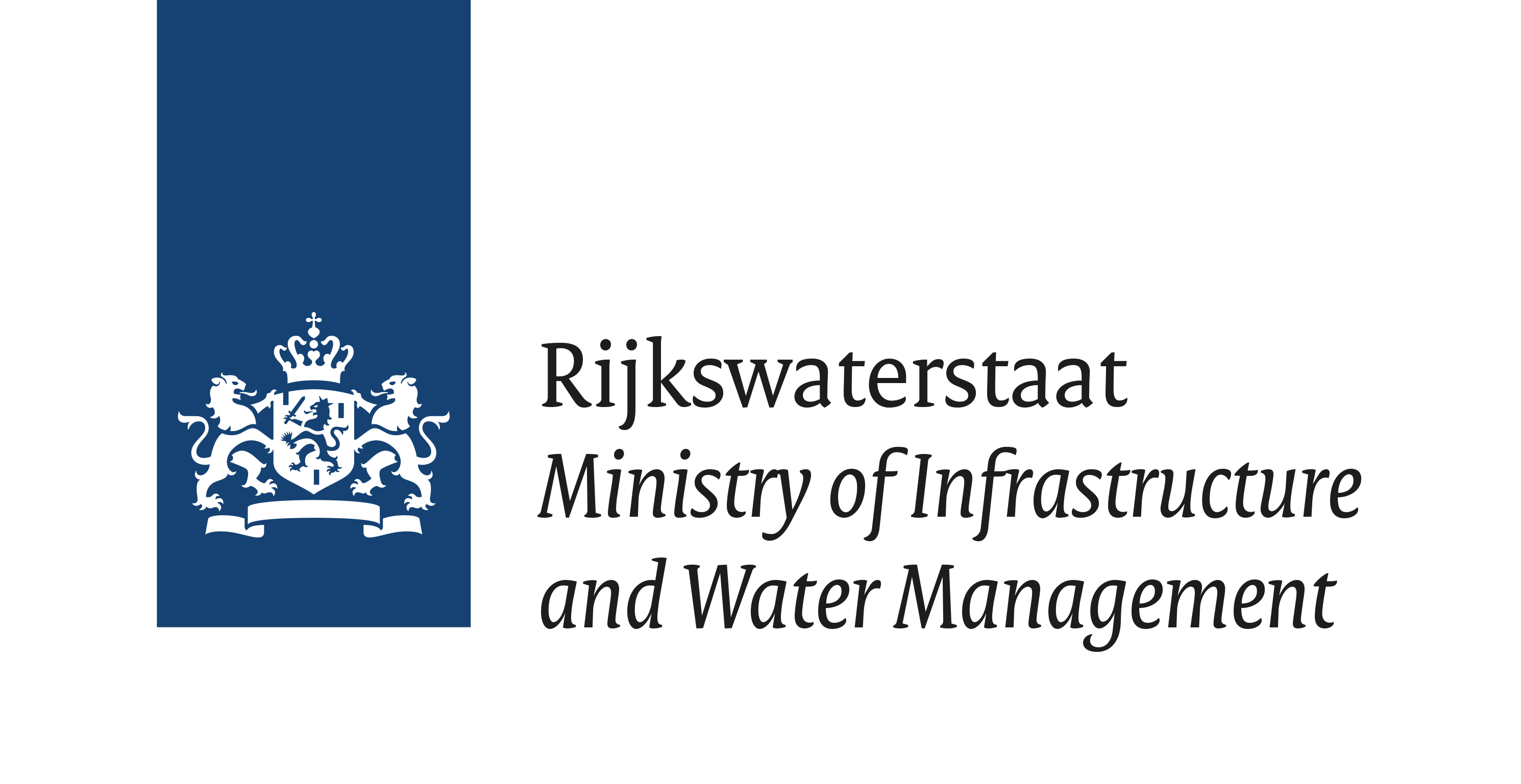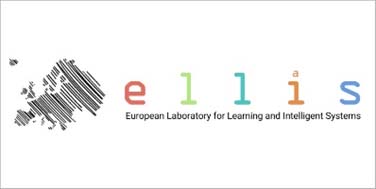AidroLab
AI research into resilient and sustainable water management
Urban water systems face growing pressure from climate change and demographics. As a result, water managers count increasingly on digitalization to ensure safe drinking water, adequate sanitation, and effective flood control.
Fast and accurate AI-tools are needed to model the physical processes within water networks and during flooding events. AidroLab believes that the most promising techniques to develop such tools are Graph Neural Networks or GNNs – an extension of deep learning to graph data structures. We are also exploring other AI-applications that can complement our GNN models and provide a thorough AI-based digital twin of (urban) water systems. By bringing together fundamental and applied AI, AidroLab is pushing the boundaries of science, enabling resilient and sustainable urban water systems.
AidroLab is part of the TU Delft AI Labs programme.
The team
Education
Courses
2023-2024
- Machine Learning for Graph Data | CS4350
- Signal Processing | CSE2220
- Modelling, Uncertainty and Data for Engineers | CEGM1000
- Data Science and Artificial Intelligence for Engineers | CEGM2003
2022-2023
- Machine Learning for Graph Data | CS4350
- Signal Processing | CSE2220
- Modelling, Uncertainty and Data for Engineers | CEGM1000
2021-2022
Master Projects
MSc Thesis for CEG (Environmental Engineering)
For more proposals, please check your BrightSpace page and the Google Sheet link of the Dispuut Water & Environment (dispuut-we-citg@tudelft.nl | +31(0)15-2784284 | www.dispuutwaterandenvironment.com) or contact us.
Ongoing
- Optimizing the pump schedule of water distribution systems using a deep learning metamodel (Nikolaos Mertzanis)
- Distributed Hydrological Modelling using Graph Neural Networks (Peter Nelemans)
- Modelling dike-breach floods in Dutch dike rings (Sergio Bulte)
Finished
- GGANet: Algorithm Unrolling for Water Distribution Networks Metamodelling 2023 (Albert Solà Roca)
- Transformer-based rainfall-runoff predictions 2023 (Kangmin Mao)
- Perceptual losses in precipitation nowcasting: Exploring limits and potential 2022 (Diewertje Dekker)
- Development of an LSTM-based methodology for burst detection in water distribution systems 2022 (Konstantinos Glynis)
- The role of water vapor observations in satellite-based rainfall information highlighted by a Deep Learning approach 2022 (Fabio Curzi)
- Predicting fluvial flood arrival times by making use of a deep learning model 2022 (Ron Bruijns)
- Using YOLOv5 for the Detection of Icebergs in SAR Imagery 2022 (Daan Hulskemper)
- Assessing Global Applicability of a Long Short-Term Memory (LSTM) Neural Network for Rainfall-Runoff Modelling 2021 (Katharina Wilbrand, )
- Short-Term Water Demand Forecasting at District Level Using Deep Learning Methods 2021 (Diego Mauricio Corredor Mora).
- Applying deep learning vs machine learning models to reproduce dry spells at point scale from satellite information in a data-scarce region: the case of northern Ghana, 2021 (Panagiotis Mavritsakis).
- Exploration of Deep Learning-based Computer Vision for the Detection of Floating Plastic Debris in Waterways, 2021 (André J. Vallendar).
- Nowcasting heavy precipitation in the Netherlands: a deep learning approach, 2021 (Eva van der Kooij).
- Creation of new Extra-Tropical Cyclone fields in the North Atlantic with Generative Adversarial Networks, 2020 (Filippo Dainelli).
MSc Thesis for EEMCS (Intelligent Systems)
For more proposals, please check MSc thesis projects.
Finished
- Simplicial Unrolling ElasticNet for Edge Flow Signal Reconstruction 2023 (Chengen Liu)
- Sparse & Interpretable Graph Attention Networks 2023 (Titus Naber)
- Bayesian Contrastive Learning on Topological Structures 2023 (Alex Möllers)
- GGANet: Algorithm Unrolling for Water Distribution Networks Metamodelling 2023 (Albert Solà Roca)
- Side-Channel Analysis with Graph Neural Networks, M. Sc. thesis, TU Delft, 2021 (V. de Bruijn).
- Accuracy-Diversity Trade-off in Recommender Systems Via Graph Convolutions, M. Sc. thesis, TU Delft, 2020 (M. Pocchiari).
- Identifying Author Fingerprints in Texts via Graph Neural Networks, M. Sc. thesis, TU Delft, 2020 (T. Sipko).
- Advances in Graph Signal Processing: Fast graph construction & Node-adaptive graph signal reconstruction, M. Sc. thesis, TU Delft, 2020 (M. Yang).
- Graph-Adaptive Activation Functions for Graph Neural Networks, M. Sc. thesis, TU Delft, 2020 (B. Iancu).
- Graph-Time Convolutional Neural Network: Learning from Time-Varying Signals Defined on Graphs, M. Sc. thesis, TU Delft, 2020 (G. Mazzola).































